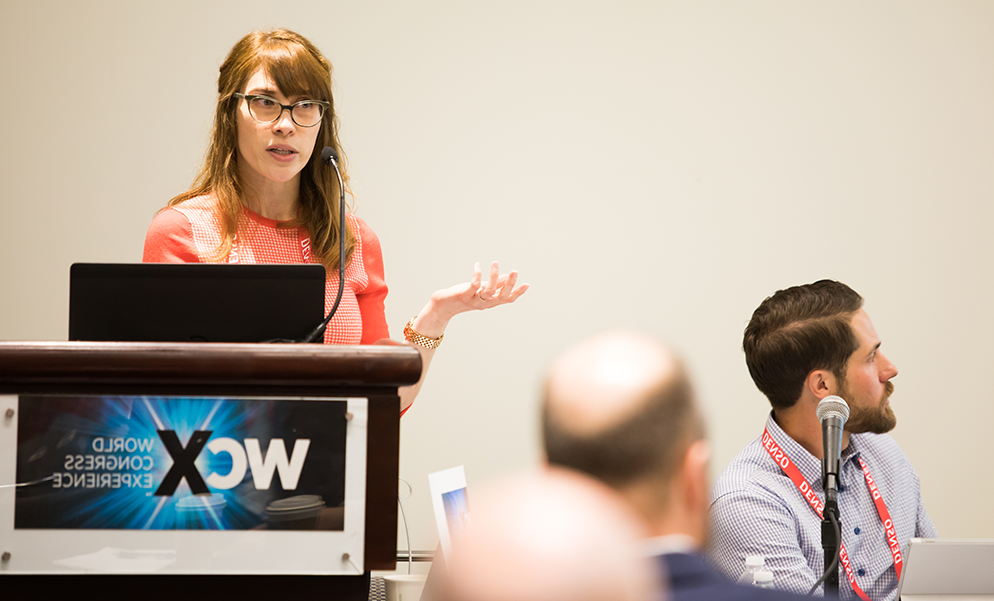2020 WCX Pre-Conference Learning Opportunities Now Available
Make the most of your WCX experience and advance your skills and technical knowledge.
Plan to arrive a day early or stay Thursday to attend one or more of these SAE Professional Development Classroom Seminars, held in conjunction with WCX – designed to fit your specific needs, goals, and challenges.
A separate registration and registration fee is required for each Professional Development Seminar. All seminars will be held directly across the street from Cobo Center at The Crowne Plaza Detroit Downtown Riverfront.

April 8, 2019
8:30 a.m. - 4:30 p.m.
This seminar takes participants beyond the basics of crash reconstruction to physical models and analysis techniques that are unique to the reconstruction of motorcycle crashes, providing learners with a comprehensive summary of applicable reconstruction techniques.
Learn More
April 8-9, 2019
8:30 a.m. - 4:30 p.m.
Project Management and Advanced Product Quality Planning (APQP) are two critical techniques used in product development in the mobility industry today. This seminar will bring these techniques together in an easy to understand format that goes beyond the typical concept of constructing timelines and project planning.
April 8-9, 2019
8:30 a.m. - 4:30 p.m.
This course assists FMEA team members to apply severity, occurrence and detection rankings consistently and efficiently and explores, in detail, the linkage of the Design FMEA and the Process FMEA through special characteristics development and product and process design collaboration. The relationships between FMEA and other popular tools, including Fault Tree Analysis (FTA), Design Verification Plan and Report (DVP&R) and Control Plans will also be discussed.

April 8-9, 2019
8:30 a.m. - 4:30 p.m.
This course is designed to familiarize participants with the technologies enabling advanced driver assistance systems and how they integrate with existing passive occupant crash protection systems. You will learn how ADAS functions perceive the world, make decisions, and either warn drivers or actively intervene in controlling the vehicle to avoid or mitigate crashes.
April 8-9, 2019
8:30 a.m. - 4:30 p.m.
This introduction to radar focuses on understanding how radars work and the trade offs that must be made to achieve its specified performance, focusing on applications to automotive safety and autonomy. The class includes demonstrations of radar signal outputs and describes the chain of hardware and software processing found in most radar systems.
April 8-10, 2019
8:30 a.m. - 4:30 p.m.
This seminar will present an introduction to Vehicle Dynamics from a vehicle system perspective. The theory and applications are associated with the interaction and performance balance between the powertrain, brakes, steering, suspensions and wheel and tire vehicle subsystems.
April 10-11, 2019
8:30 a.m. - 4:30 p.m.
This two-day seminar examines ADAS and autonomous vehicle technologies that have disrupted the traditional automotive industry with their challenges and potential to increase safety while attempting to optimize the cost of car ownership.
April 11, 2019
8:30 a.m. - 4:30 p.m.
What is available, how does it work, and what will happen in a crash scenario? How does it affect product liability and accident reconstruction? Some auto manufacturers are equipping the majority of their new vehicles with such technology, and it’s important for the forensic engineer to “stay ahead of the curve”. We’ll look at how to determine if the systems were installed, if they were enabled, and if they functioned as designed.